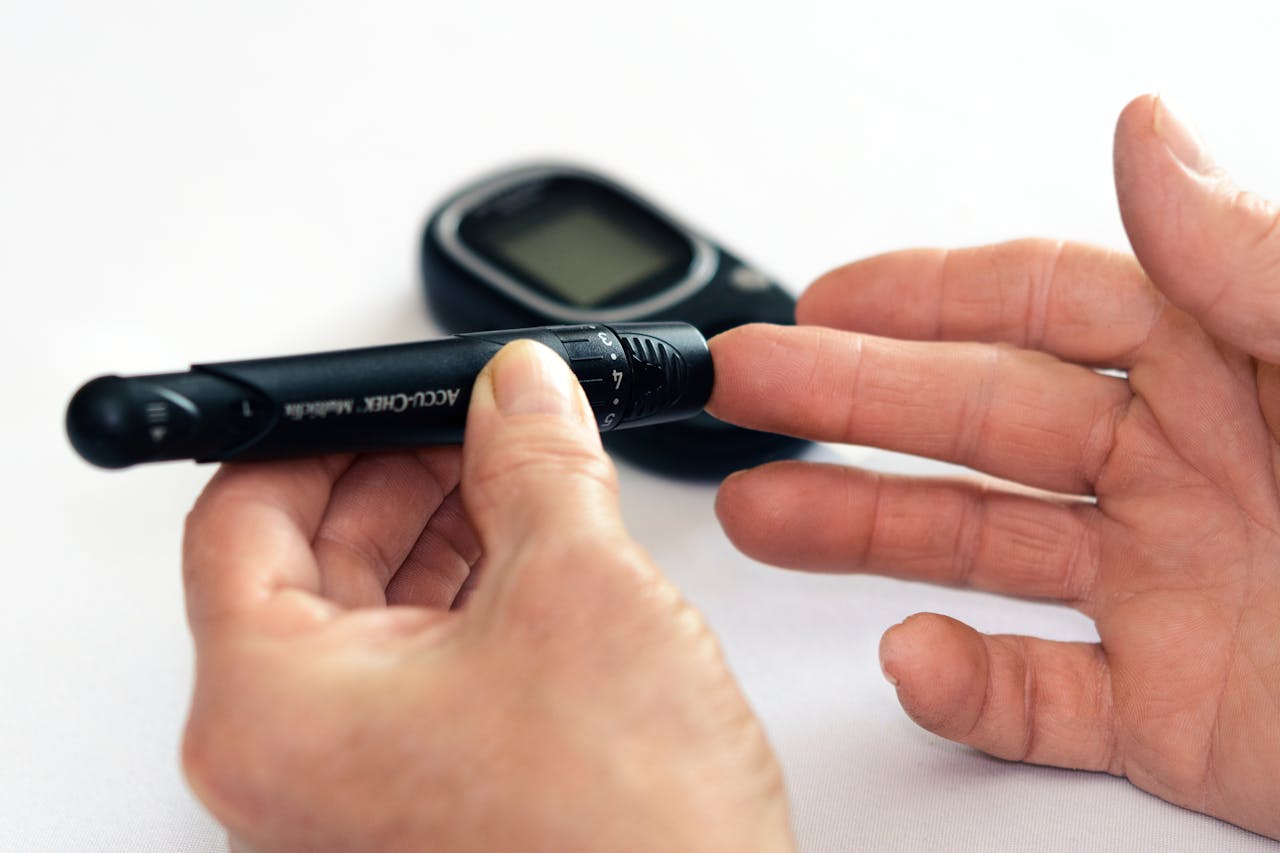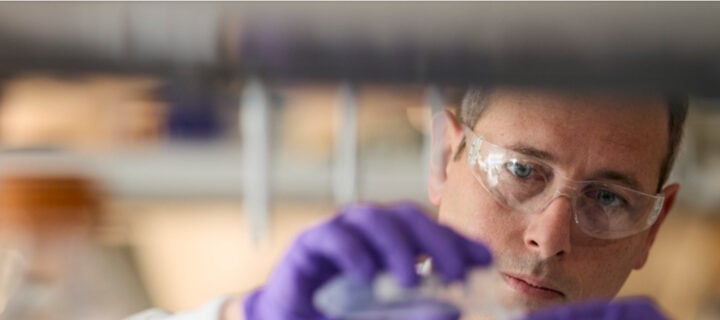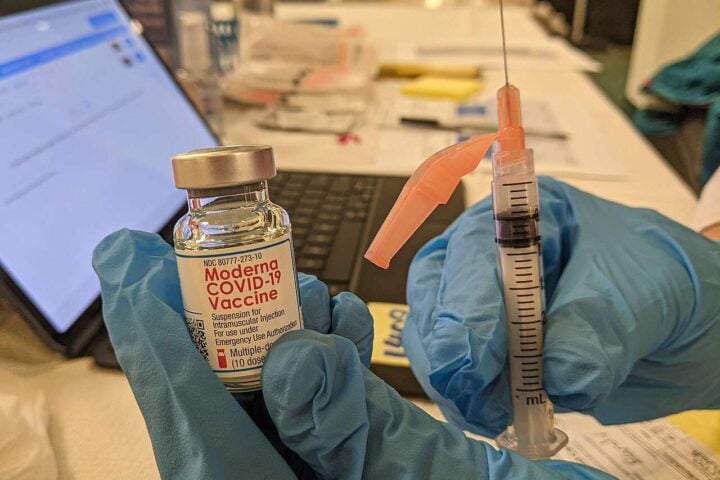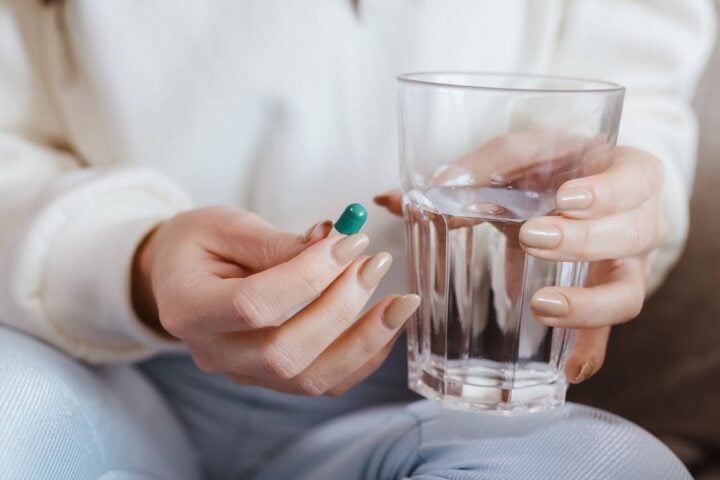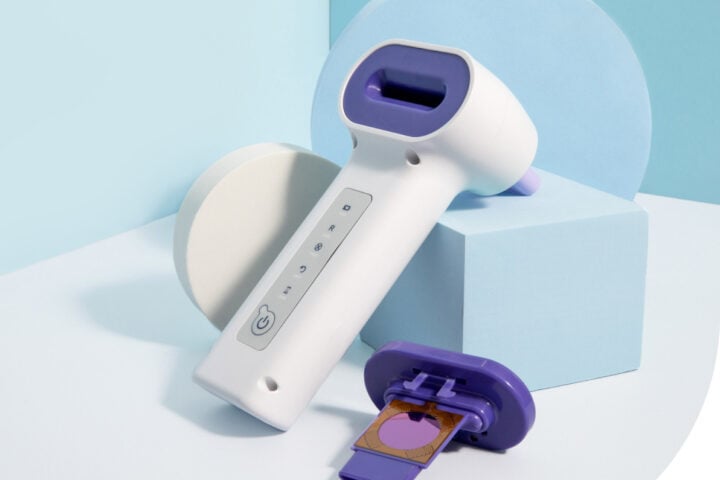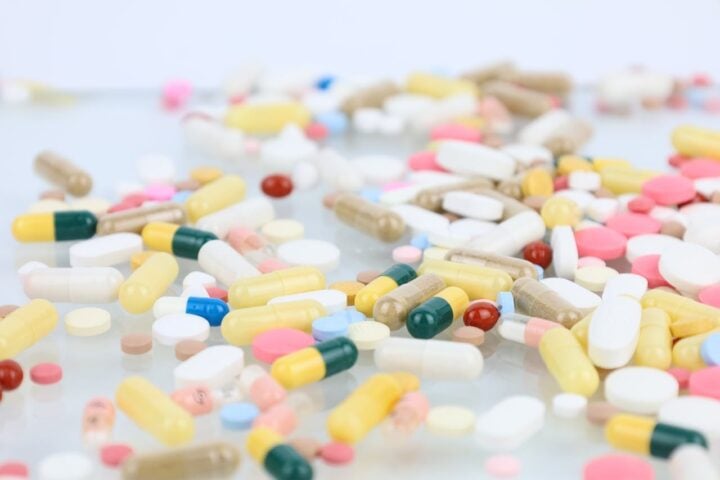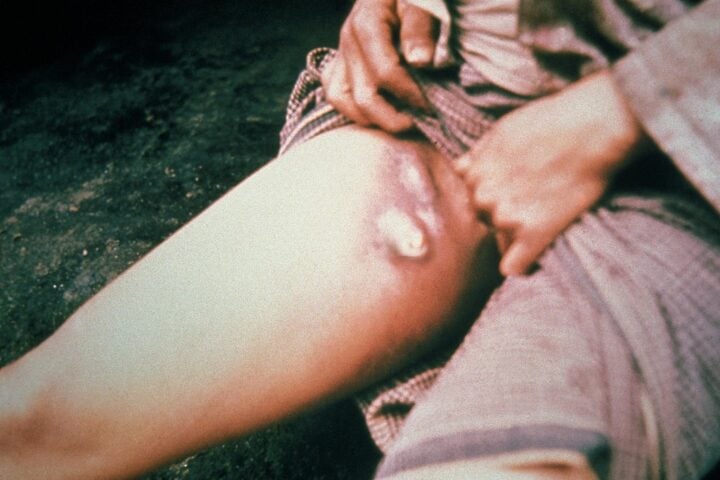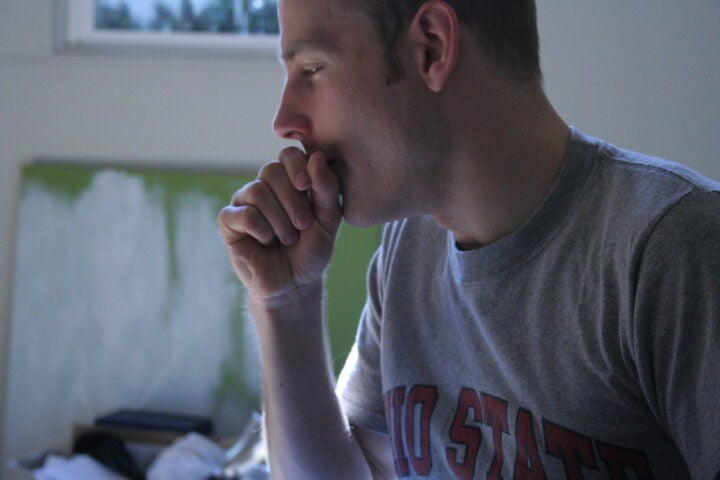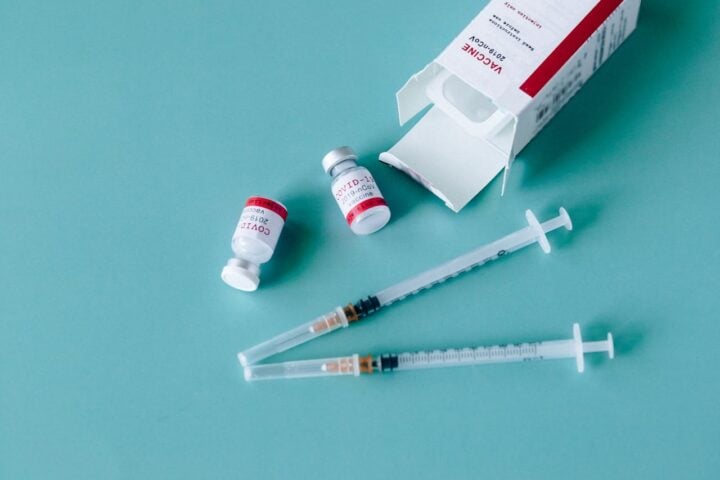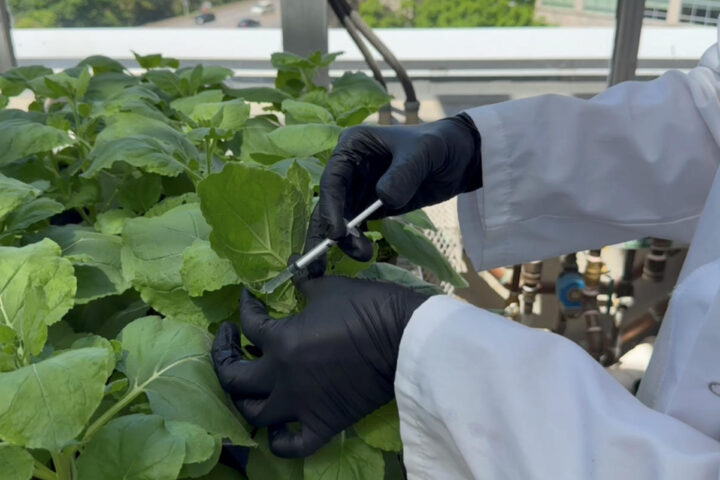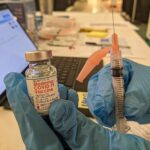A research team from the University of Hong Kong’s LKS Faculty of Medicine (HKUMed) has discovered that elevated blood glucose levels substantially weaken the immune system’s ability to fight viral infections in type 2 diabetes (T2D) patients. The study, published in Cell Metabolism, presents concrete evidence of how poor glycemic control directly impacts immune response.
Research Findings: 40% Reduction in Immune Cell Function
The HKUMed research team analyzed 40 blood samples from T2D patients at Queen Mary Hospital between 2022 and 2023. Their investigation revealed that patients with poorly controlled T2D experienced a 40% decrease in the functionality of T Helper 1 (Th1) cells compared to healthy individuals. These cells play an essential role in initiating inflammatory responses needed to combat viral infections.
“We can see that if the patients control the blood glucose well, their Th1 cells functionality would be the same as a healthy person. Which means there is no fear of losing immunity even if you have diabetes,” , assistant professor at the School of Biomedical Sciences at HKU.
Public Health Impact in Hong Kong
T2D affects approximately one in ten adults in Hong Kong. Many patients struggle to maintain healthy blood sugar levels, with poorly controlled T2D patients typically showing elevated HbA1c levels.
COVID-19 Connection: Three Times Higher Mortality Risk
The research gained particular relevance during the COVID-19 pandemic. Dr. Paul Lee Chi-ho, clinical associate professor at the School of Clinical Medicine at HKU, stated, “Previous research found the risk of COVID-19-related deaths in infected patients was 10 times higher among type 2 diabetes patients with poorly controlled blood glucose compared with those with well-controlled levels.”
Similar Posts
Mechanism Behind Immune Suppression
The study identified how elevated blood glucose levels impair CD4+T cell metabolism, leading to the degradation of a crucial transcription factor necessary for developing functional Th1 cells. This impairment triggers a chronic inflammatory response, further compromising the immune system.
Patient Experience
Kwok Ka, a T2D patient managing his condition for over a decade, shared his experience with COVID-19: “At first I didn’t care, I just ate everything I wanted. However, when I got COVID-19, my symptoms became heavy. I couldn’t breathe, my body was extremely sore. I was taken to hospital by an ambulance and stayed there for a week. I had to put on an oxygen mask for two days before I could finally breathe normally.”
Research Support and Future Directions
The study received funding from the General Research Fund of the Research Grants Council and the Health and Medical Research Fund. The research team plans to investigate potential pharmaceutical interventions to reduce stress on immune cells and enhance their functionality.
Professor Kathryn Tan Choon-Beng and Dr. Lee emphasize that T2D patients must understand their glycated hemoglobin (HbA1c) levels, maintain medication adherence, and follow a healthy lifestyle to protect against severe infections and comorbidities.
